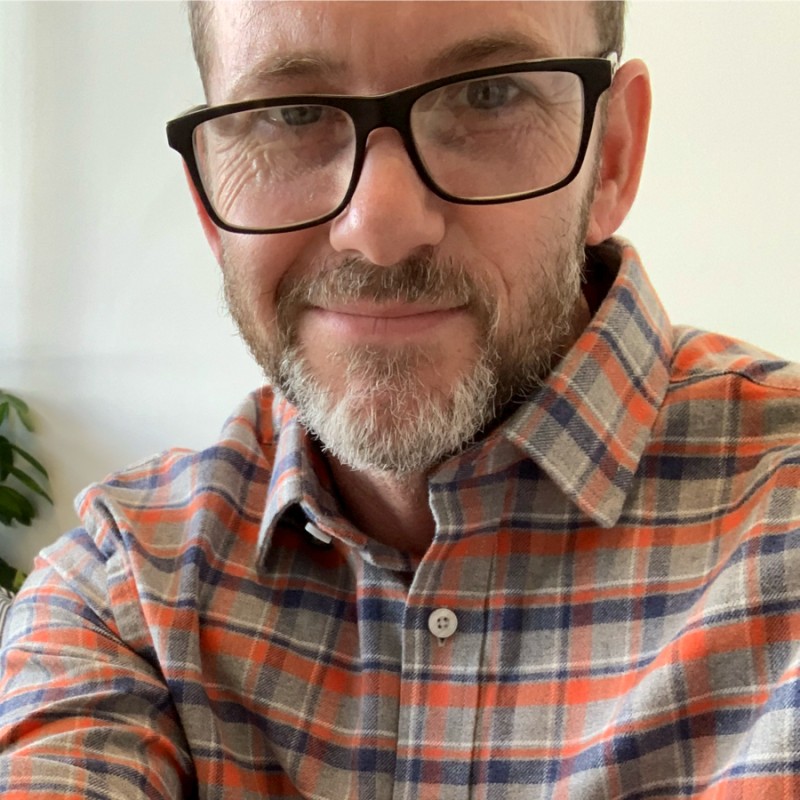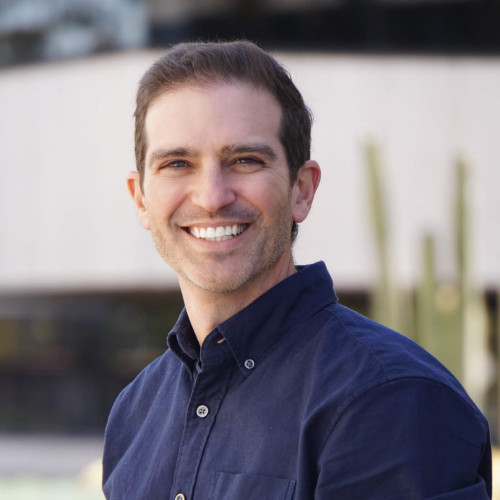Entrepreneur Case Studies
Non-Technical Founder Scaling SaaS Venture to Exit: Velocify Founder Jeff Solomon (Part 4)
Sramana Mitra: Go back to the 2004 timeframe when you were just getting started. How did you finance the product development and the early stage of the journey. It doesn’t seem like revenues were of a scale where you can fund it with revenues.
Jeff Solomon: Initially, we funded it with cash flow from the consulting business.
Sramana Mitra: Bootstrapping using services is what we call that.
>>>Non-Technical Founder Building a Tech Startup to over $10M: David Moricca, CEO of Socialive (Part 4)
Sramana Mitra: When Ben comes on board, what are you able to accomplish? Did the business validate?
David Moricca: We did get Breakout Band built over the next couple of years. We ended up working with a couple of European engineers as well who were experts at audio technology. We also brought on a couple of our teammates who are still with us today. We got some users. We had a very passionate audience. They loved the platform, but it wouldn’t scale to millions of users for it to be a viable business. That was clear. We did go through the process of learning how to build and bring a product to market. We learned from that experience what was happening in the music space, which led us to our second product.
>>>Non-Technical Founder Scaling SaaS Venture to Exit: Velocify Founder Jeff Solomon (Part 3)
Jeff Solomon: A buddy of mine went to get his MBA. He was also an engineer. He was working on the side for me. When he graduated, the one thing that he learned was that to build a scalable business, you needed an asset.
Sramana Mitra: Not just services.
Jeff Solomon: He came to me and said, “This service business is cool, but you need to do something that is going to have some real equity value. He suggested a SaaS business. I went to look at all the projects I’ve been doing. I saw some similarities. We were doing a lot of the same things for a lot of similar clients. I started to think about a SaaS application that we could build for these people. That was how Velocify was born. We worked nights and weekends on Velocify while we were consulting for other companies. After six months, we launched this SaaS lead management platform.
>>>Non-Technical Founder Building a Tech Startup to over $10m: David Moricca, CEO of Socialive (Part 3)
Sramana Mitra: What were you trying to build in the first iteraton?
David Moricca: The original vision was an online music creation platform targeting young people. It’s called Breakout Band. We created one of the first music creation platforms. It had a beatmaker where you can create your own beats. You can add your own vocals in the vocal booth. It was a consumer product oriented around younger people.
>>>Non-Technical Founder Scaling SaaS Venture to Exit: Velocify Founder Jeff Solomon (Part 2)
Sramana Mitra: To underscore what you said about joining the software industry in a business development role, it’s a common path for non-technical people. What you’re describing is a very good example of how entrepreneurs with non-technical backgrounds make their way to technology entrepreneurship.
Jeff Solomon: Yes. I learned a lot about how it all worked and what didn’t work. I resonated with the tech team that was there. I was interested. I decided to start a tech company. I decided to start with five friends which I do not recommend. We had six co-founders which is too many. A couple of them I went to high school with. A couple of them I went to college with.
>>>Non-Technical Founder Building a Tech Startup to over $10M: David Moricca, CEO of Socialive (Part 2)
Sramana Mitra: You have a political science and law background. Then you went to McKinsey to do some consulting work. This brings us to 2006 now?
David Moricca: 2005.
Sramana Mitra: What happens then?
David Moricca: I was itching to move from consulting into more of an operational role. Because of my previous background and my interest in education and combined with media, Scholastic jumped out at me. I had an offer with Google. Google had not yet gone public.
>>>Non-Technical Founder Scaling SaaS Venture to Exit: Velocify Founder Jeff Solomon (Part 1)

Jeff is an English major who successfully bootstrapped a SaaS company with Services. The company eventually exited at a $130M valuation. Wonderful perspective from a non-technical founder on building a tech startup to success.
Sramana Mitra: Let’s go to the very beginning and introduce yourself and Velocify to our audience.
>>>Non-Technical Founder Building a Tech Startup to over $10M: David Moricca, CEO of Socialive (Part 1)

We very often get questions on whether non-technical founders can build tech companies. David’s story is a really interesting one that touches many aspects of the 1Mby1M methodology.
Sramana Mitra: Let’s begin at the very beginning of your journey. Where are you from? Where were you born, raised, and in what kind of background?
>>>